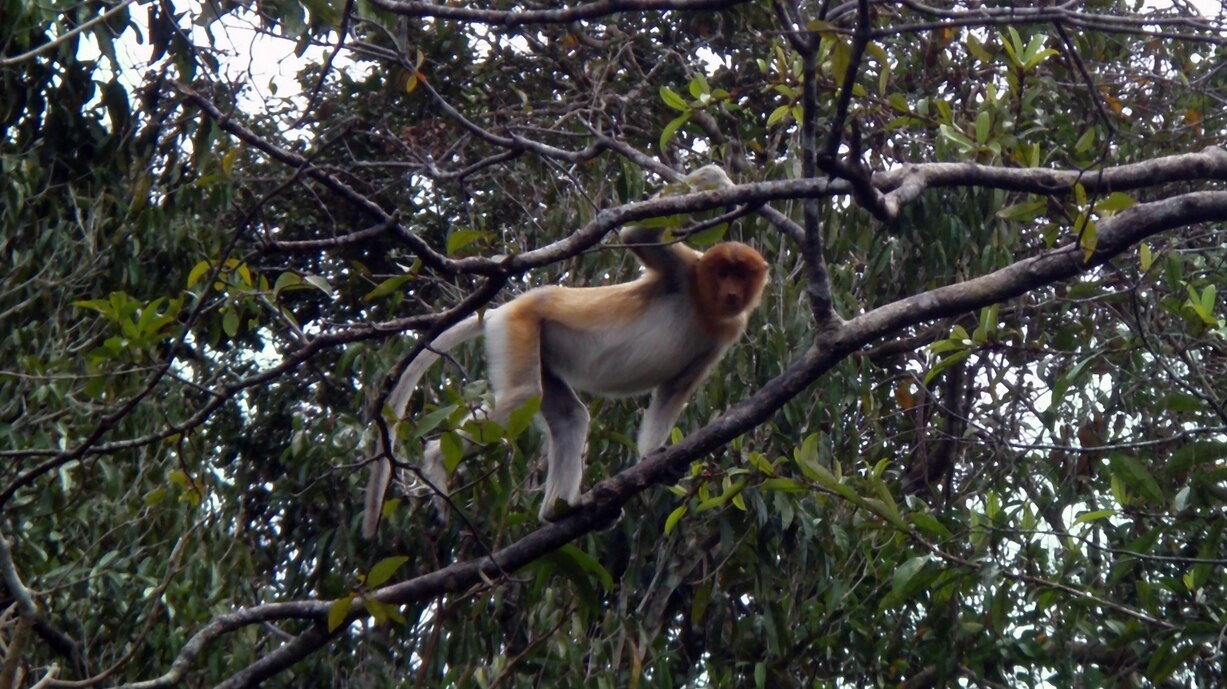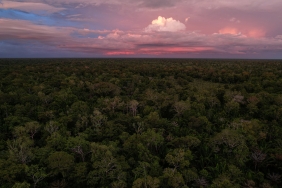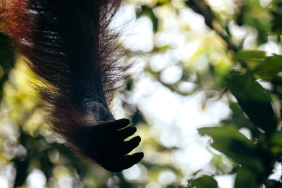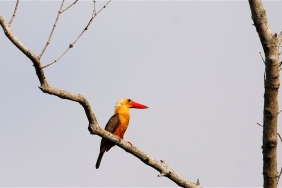GLOBAL WILDLIFE CONSUMPTION IS DOWN 30%, WHICH IS THOUGHT TO BE RELATED TO THE COVID-19 PANDEMIC
Gland, May 24, 2021 - The World Health Conference opens today amidst the ongoing misery caused by the COVID-19 pandemic, nearly 30% of people who took the survey in the regions of China, Myanmar, Thailand, Vietnam and the United States said they have reduced their consumption or stopped consuming wildlife altogether due to the health crisis.
Specifically, 28% of respondents in China are consuming less wildlife or have stopped consuming wildlife due to COVID-19, while in Thailand it has almost doubled (21% in 2020 to 41% in 2021), Vietnam has remained stable (41% in 2020 to 39% in 2021). However, it is known that some groups still consistently consume wildlife, with 9% of respondents in all five countries still intending to purchase wildlife products in the future.
The above assessment is part of a survey conducted by GlobeScan for WWF that was released on May 24, 2021 in a new report titled, 'COVID-19: One Year Later: Public Perceptions about Pandemics and their Links to Nature'. The study was published after a initial study conducted a year ago to deepen understanding of public attitudes and behaviors in dealing with future pandemics. With the recent World Health Organization investigation (WHO) referencing wildlife as a possible source of the pandemic, this year's survey found strong support across all five countries for government efforts to close high-risk markets in the wildlife trade (85%) and halt deforestation (88%), as the main causes of wildlife-sourced disease (zoonoses) outbreaks.
More than a year after the COVID-19 outbreak, data shows that human interactions with wild animals are extremely risky, and that deforestation and the high wildlife trade can lead to serious disease outbreaks, with 46% of respondents overall stating that animal-to-human disease transmission is the root cause most likely to trigger a future pandemic.
The majority of respondents to the survey believe that preventing future pandemics can be done by addressing root causes, including the high-risk wildlife trade and deforestation. While four out of five respondents support government action to address these threats, no action has been taken to shut down high-risk wildlife markets, which is why 79% of all respondents across the five countries said they were concerned enough to be even more worried about a similar outbreak.
"The COVID-19 pandemic has brought the impact of human activity on nature tragically close to our homes and families, and people are increasingly concerned and urged to take action: addressing the underlying causes of zoonotic outbreaks and taking a One Health approach must be part of our collective global pandemic prevention strategy", according to Marco Lambertini, Director General, WWF International. "The only way to prevent future pandemics is to reduce destructive human activities that drive nature loss - such as deforestation, unsustainable wildlife trade and risky wildlife consumption - rather than reacting to outbreaks after they emerge. Pandemic prevention is estimated to cost 100 times less than responding to it. The pandemic made it clear that investing in the health of the planet and nature is the only way to avoid unbearable social and economic impacts in the future, as scientists have made clear we must rebalance our relationship with nature, the question is 'when' the next pandemic will strike, not 'how'."
The main causes of zoonotic outbreaks include wildlife farming, land conversion leading to deforestation, and the high-risk wildlife trade, all of which have contributed to facilitating the spread of diseases such as COVID-19, SARS, MERS and Ebola by bringing wild animals closer to humans and pets.
The Chinese government announced a ban on widespread consumption of wild animals in February 2020, and the survey found that in China, closing high-risk wildlife markets was seen as the most effective measure to prevent the pandemic (91%). In Vietnam, where the Prime Minister also announced measures against the illegal wildlife trade last year, 84% of respondents agreed that closing high-risk wildlife markets is essential.
WF's advocacy action Preventing Future Pandemics urges the government to adopt a One Health approach to high-risk wildlife trade and deforestation.
Conservation organizations are also urging decision-makers to make the necessary interventions to address the underlying causes of zoonotic outbreaks in their pandemic prevention plans. Halting deforestation and shutting down risky wildlife markets, for example, aids in the recovery of wildlife populations and maintaining local and global biodiversity that naturally helps suppress the spread of disease, as well as helping to ensure the sustainable use of natural resources.
- DONE-
For more information, please contact Julien Anseau at janseau@wwfint.org.
About the GlobeScan survey
GlobeScan is an online survey of respondents aged 18+ conducted across five countries from February 4 - March 18, 2021. This timing was chosen to coincide with the 2020 survey, which was conducted from March 6 - 11, 2020. Sample size: US (2,000 respondents), China (2,000 respondents), Vietnam (1,000 respondents), Thailand (1,000 respondents) and Myanmar (631 respondents). Due to political unrest in Myanmar, research in this country was halted.
About One Health
When the "One Health" approach was explained to participants in the GlobeScan survey, 85% of respondents strongly supported or endorsed the approach to be taken to combat the pandemic.
'One Health' is defined by WHO as an approach to designing and implementing programs, policies, legislation and research in which different sectors communicate and work together to achieve better public health outcomes. It brings together expertise in public health, animal health, plant health and the environment. It is supported by several international and national organizations including the World Health Organization (WHO), Food and Agriculture Organization (FAO), World Organization for Animal Health (OIE), United Nations Children's Fund (UNICEF), United Nations for the Coordination of Influenza Systems, World Bank, Centers for Disease Control and Prevention (CDC) and others.





